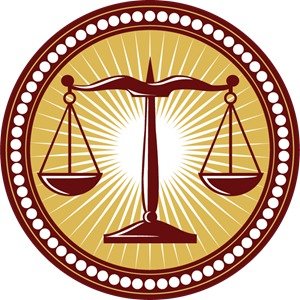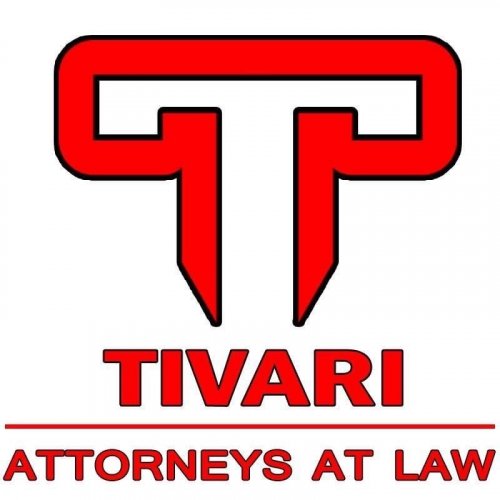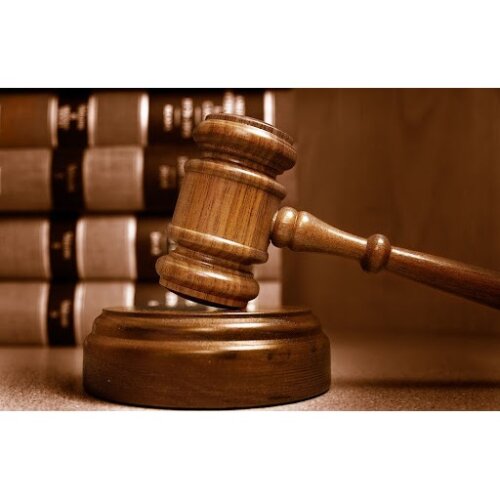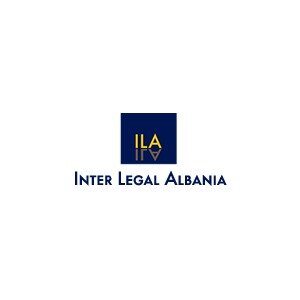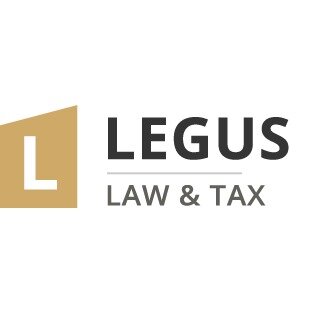Best Debt & Collection Lawyers in Tirana
Share your needs with us, get contacted by law firms.
Free. Takes 2 min.
List of the best lawyers in Tirana, Albania
About Debt & Collection Law in Tirana, Albania
Debt & Collection law in Tirana, Albania, is designed to regulate the relationships between creditors and debtors, ensuring both parties adhere to legal guidelines during financial transactions. The law provides a legal framework that outlines the rights and obligations of both parties, as well as detailing the processes creditors must follow to recover debts and the protections available to debtors to prevent unfair treatment.
Debt and collection procedures in Tirana are primarily governed by the Albanian Civil Code. More recent amendments and specific legislation have further refined these processes, providing clear rules for the enforcement of credit contracts and the recovery of debts. The legal environment takes into account both international standards and local economic landscapes to create a balanced system.
Why You May Need a Lawyer
There are numerous scenarios in which individuals or businesses in Tirana may require legal assistance regarding debt and collection:
- Individuals or businesses facing lawsuits or legal actions from creditors.
- Creditors seeking to enforce a debt through legal means.
- Debtors needing to renegotiate terms or settlements.
- Parties involved in bankruptcy proceedings.
- Businesses drafting terms of credit or loan agreements to ensure compliance with local laws.
- Individuals concerned with potential debt collection violations or harassment.
- Entities facing cross-border debt collection issues.
Legal professionals can provide tailored advice, assist in negotiating settlements, represent individuals or businesses in court, and ensure all actions comply with local and international law.
Local Laws Overview
The procedural and substantive aspects of debt and collection in Tirana are impacted by a variety of local laws:
- The Albanian Civil Code: Outlines contractual obligations, rights of creditors and debtors, and implications of contracts.
- The Law on Enforcement of Civil Judgments: Regulates debt recovery processes through enforcement officers or bailiffs.
- Bankruptcy Law: Governs insolvency procedures, protecting debtor rights while ensuring creditors can recover some portion of the debt.
- Consumer Protection Legislation: Provides additional safeguards against unfair debt collection practices.
These laws establish the legal boundaries for debt collection activities, protecting the interests of all parties involved.
Frequently Asked Questions
What should I do if I receive a debt collection notice?
Review the notice carefully and ensure it is accurate. It's advisable to consult a lawyer to understand your obligations and rights in this situation.
Can a debt collector take legal action against me?
Yes, a debt collector can initiate legal proceedings to recover a debt, but they must follow due legal procedures as outlined in Albanian law.
What are my rights if I'm being harassed by a debt collector?
Albanian law protects debtors from oppressive and unfair collection practices. You may seek legal counsel to address harassment and report such behavior to appropriate authorities.
How long can a debt be legally pursued in Albania?
The statute of limitations for most debts in Albania is five years, but this can vary based on specific circumstances or contracts.
What options are available if I cannot repay a debt?
Debt restructuring or renegotiating repayment terms may be an option. Consulting with a legal expert can provide pathways to potentially solvable solutions.
What is a credit contract and its importance?
A credit contract is a legal document outlining the borrowing terms between a creditor and debtor. It is critical as it specifically details obligations, interest rates, and payment schedules.
Can a creditor seize my property if I default on a debt?
Seizure is possible, but creditors must first obtain a court order. The process must comply with enforcement laws, respecting debtor rights.
How are international debts recovered in Tirana?
International debt recovery operates under specific treaties and international laws that collaborate with local legislation. Legal assistance is crucial in such cases.
What legal protections exist for individuals declaring bankruptcy?
Bankruptcy laws provide structured protection to allow individuals or businesses the opportunity to reorganize financial affairs while ensuring fair treatment of creditors.
How do I choose the right legal representation for a debt collection case?
Look for lawyers with experience in debt and collection law, positive client reviews, and a record of successful case outcomes. Initial consultations can help determine expertise and suitability.
Additional Resources
Several resources and organizations can help individuals and businesses in need of debt and collection advice:
- The Albanian Bar Association: Useful for finding qualified legal professionals.
- Ministry of Justice of Albania: Provides information on legal procedures and support services available.
- Consumer Protection Agencies: For guidance on dealing with unfair collection practices.
- Online legal portals offering initial free advice or connecting to local lawyers.
Next Steps
If you need legal assistance in debt and collection, consider taking the following steps:
- Compile all relevant documentation, such as notices, contracts, and correspondence with creditors or debtors.
- Consult with a qualified lawyer specializing in debt and collection to understand your position and options.
- Discuss potential strategies, whether you are initiating or defending against collection actions.
- Familiarize yourself with your rights and obligations under Albanian law to make informed decisions.
- Engage with recommended resources or support networks for additional guidance or support.
Professional legal advice is crucial to navigate the complexities of debt and collection issues effectively.
Lawzana helps you find the best lawyers and law firms in Tirana through a curated and pre-screened list of qualified legal professionals. Our platform offers rankings and detailed profiles of attorneys and law firms, allowing you to compare based on practice areas, including Debt & Collection, experience, and client feedback.
Each profile includes a description of the firm's areas of practice, client reviews, team members and partners, year of establishment, spoken languages, office locations, contact information, social media presence, and any published articles or resources. Most firms on our platform speak English and are experienced in both local and international legal matters.
Get a quote from top-rated law firms in Tirana, Albania — quickly, securely, and without unnecessary hassle.
Disclaimer:
The information provided on this page is for general informational purposes only and does not constitute legal advice. While we strive to ensure the accuracy and relevance of the content, legal information may change over time, and interpretations of the law can vary. You should always consult with a qualified legal professional for advice specific to your situation.
We disclaim all liability for actions taken or not taken based on the content of this page. If you believe any information is incorrect or outdated, please contact us, and we will review and update it where appropriate.




